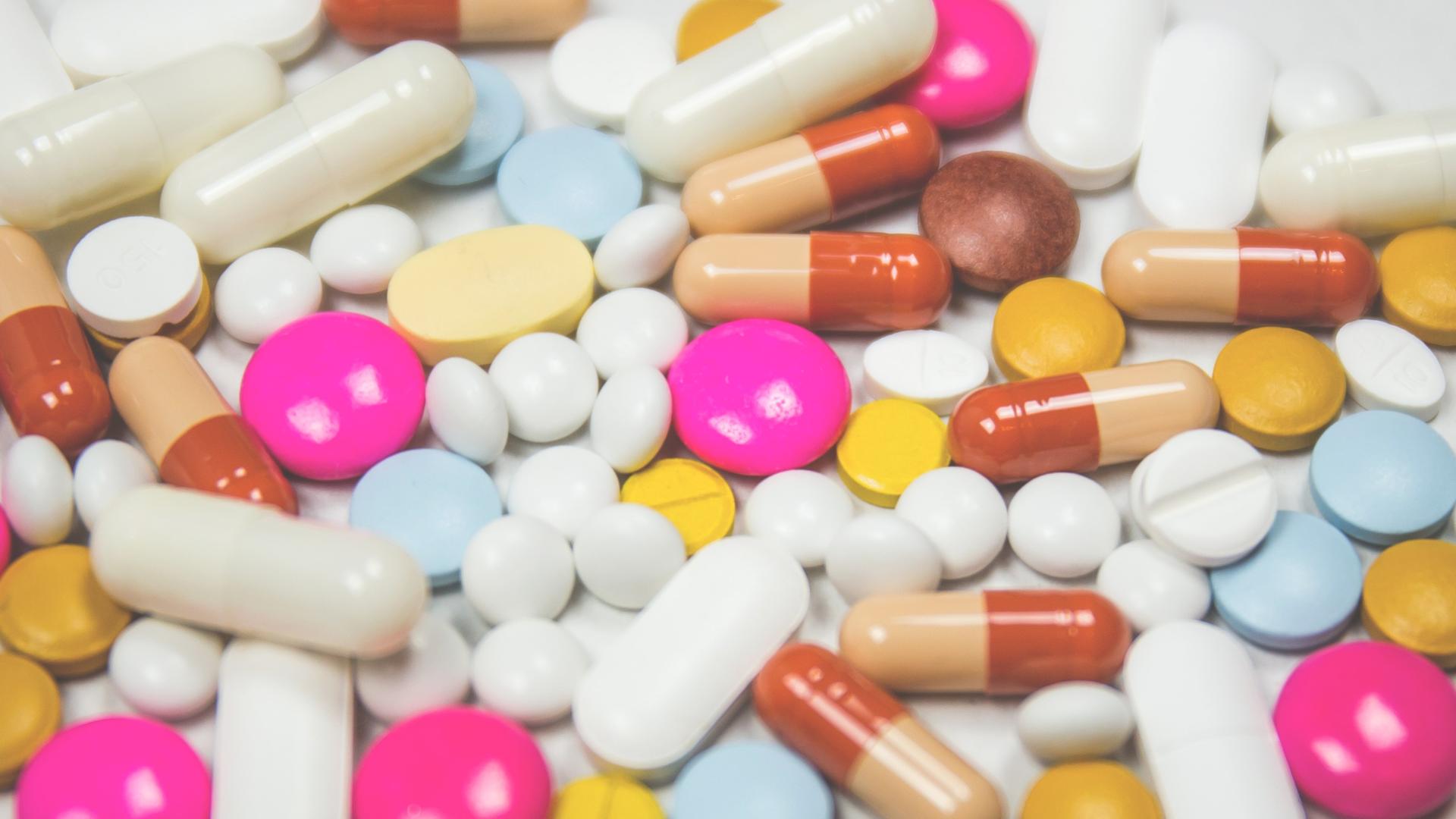The hidden costs of prescription drug coupons
Coupons are good for people who face expensive copayments at the counter but they're frustrating to insurance companies and are even banned in some states.
You may have noticed that some drug companies offer coupons to consumers — which slash copayments for brand-name medications.
The coupons are good news for people who face expensive copayments at the counter. But they frustrate insurance companies and are even banned in some states. According to Margot Sanger-Katz, a health care correspondent for TheNew York Times, that’s because, despite initial savings, the coupons come with hidden costs — and may even make our drugs more expensive in the long run.
“If you're an individual person and you're buying a drug, especially one that your insurance company wants to charge you a high copayment for, [a coupon] can really affect the price of the drug,” Sanger-Katz says. “It might make a drug more affordable that would have been out of reach before.”
But coupons hijack a part of our health care system — copayments — that insurance companies use to balance out drug costs. Sanger-Katz explains that’s because insurance companies use copays as “signaling mechanisms” to steer customers towards generic drugs whenever possible. As in: “If you take this generic drug, it's going to cost you $5. If you want to use the brand-name version, you might have to pay $50.”
She says that copayments also play a role in the negotiations between our insurance companies and drug providers. Insurance companies can ask pharmaceutical companies for the best possible price on a drug, and offer to pair it with a low copayment in return — incentivizing consumers to choose that drug over other similar options. In this case, Sanger-Katz says, “the copayment becomes an inducement for the drug company to offer a discount to the insurance company.”
But when drug coupons enter the mix — straight from pharmaceutical companies to consumers — insurance companies lose their copayment bargaining chips.
“If you are a person who needs a particular drug — let's say it's a drug where there's a generic version — and you could get a coupon for the brand name, and you go to the drugstore, and it's $5 either way, you don't really have a preference anymore,” Sanger-Katz says, “and your insurance company can't steer you towards the cheaper thing. So you may be much more likely to buy the expensive drug.”
Choosing the drug with the higher base cost or the brand name may make us feel like we’re getting a good deal, but Sanger-Katz says it can actually drive up our insurance premiums over time.
“Many of these drugs may cost your insurance company hundreds or thousands of dollars,” she says. “So for you, you're thinking about the difference between $5 and $50, but your insurance company may be thinking about the difference between a $20 total price and a $300 total price.”
“But the other bad thing is it really can mess up these negotiations between the drug companies and the insurance companies, because if the insurance company can't effectively steer its patients to the discounted product — if you don't care between these two brand names because of a coupon — then maybe both of those drugs will get no discount. And the insurance companies will have to pay a high price for both of them.”
Some insurance companies and local governments are responding to the threat of higher premiums by banning the use of drug coupons. Sanger-Katz says that Medicare does not allow coupons to be used. Neither does the entire state of Massachusetts.
“Researchers recently did a study where they compared people in Massachusetts to people in New Hampshire, and New Hampshire has no ban,” she says. “And they looked at just drugs where there is a generic equivalent.”
“And what they found is that people in Massachusetts, where there was a ban, many more of them chose the generic drug, and that the savings were actually quite substantial.”
This article is based on an interview that aired on PRI's Science Friday.
